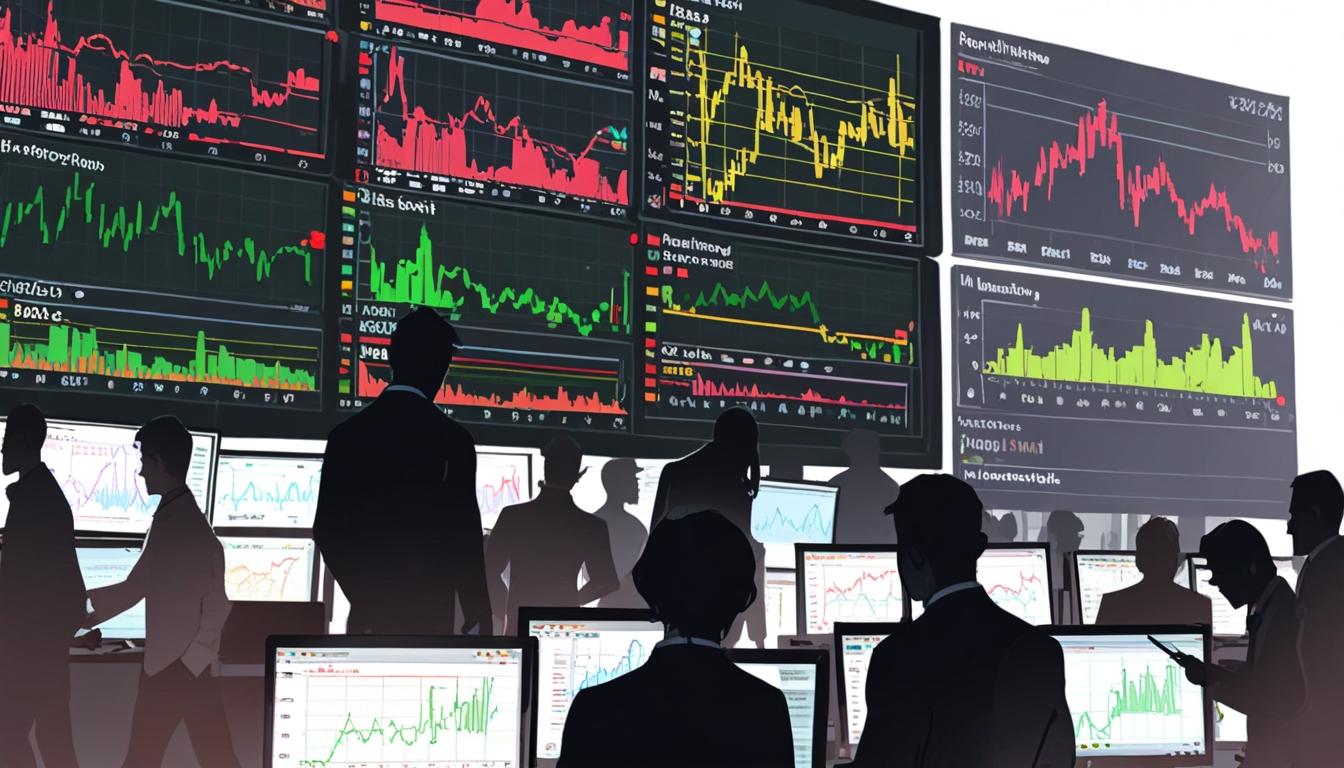The Bank of England (BoE) has voiced concerns regarding the implications of artificial intelligence (AI) in algorithmic trading, suggesting that increased reliance on AI-driven investment strategies could lead to a phenomenon known as "herding." This term refers to the tendency of multiple firms to act simultaneously during periods of market turmoil, potentially amplifying selloff pressures and increasing overall market volatility.
In a policy paper released this week, the BoE noted that as trading firms increasingly adopt similar AI models and data, the likelihood of them making identical trading decisions simultaneously rises. As a result, this collective behaviour could heighten the risk of sudden market downturns, particularly in stressful conditions when assets are quickly liquidated.
The paper highlighted that while AI could enhance market efficiency, it could also inadvertently create instability. "Greater use of AI to inform trading and investment decisions could help increase market efficiency," the report stated. "But it could also lead market participants inadvertently to take actions collectively in such a way that reduces stability." The potential for AI to drive firms to take closely correlated positions could further exacerbate market shocks during times of stress.
The warning from the BoE comes as global financial markets have been experiencing significant fluctuations following recent tariff announcements from the administration of former President Donald Trump, which included new tariffs affecting multiple countries. The Dow Jones Industrial Average, S&P 500, and Nasdaq Composite have all seen notable drops—6.2%, 7.1%, and 6.9% respectively—since Trump’s announcement on April 2. In contrast, the 10-year Treasury yields saw an increase, rising from 4.053% to 4.509%, as investors sought safer assets amid the uncertainty.
Federal Reserve Chair Jerome Powell indicated that the tariffs could lead to heightened inflation in the coming months and acknowledged the possibility of more persistent effects. His remarks came shortly before Trump temporarily suspended tariffs for 90 days on nearly 60 countries, excluding China.
The BoE's findings resonate with broader economic analyses, including those from the International Monetary Fund (IMF). The IMF's 2024 report has flagged "herding" and market concentration as significant risks associated with the growing implementation of generative AI in capital markets. It predicts that the adoption of AI in trading and investment is expected to increase markedly in the near future. However, the IMF also sentiments that while AI may streamline risk management and enhance market monitoring, it might concurrently introduce new challenges such as heightened market speed and volatility during periods of stress.
Conversely, the BoE's report posits that AI could also contribute positively by improving risk management among financial services firms. By leveraging existing data more effectively, firms could potentially mitigate the adverse effects of unforeseen market drops and avoid the consequences of panic selling during a fire sale. Furthermore, custom AI-driven strategies tailored to individual clients could promote greater market stability, as it would likely result in a diversification of assets held by investors, thus reducing the synchronised sell-offs that can lead to market distress.
Source: Noah Wire Services
